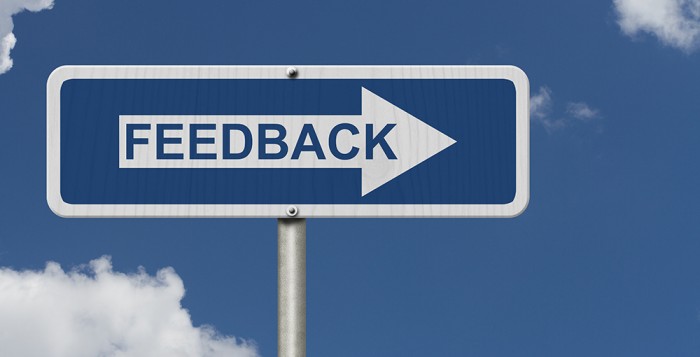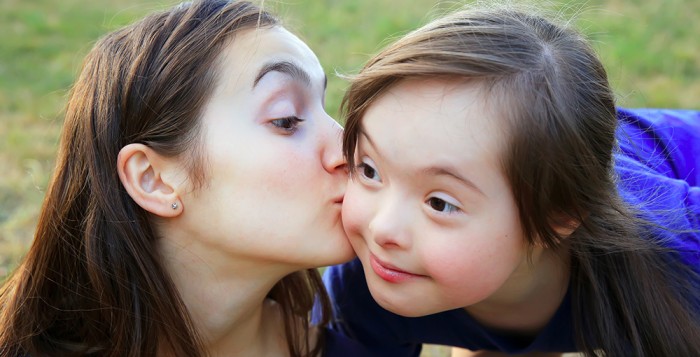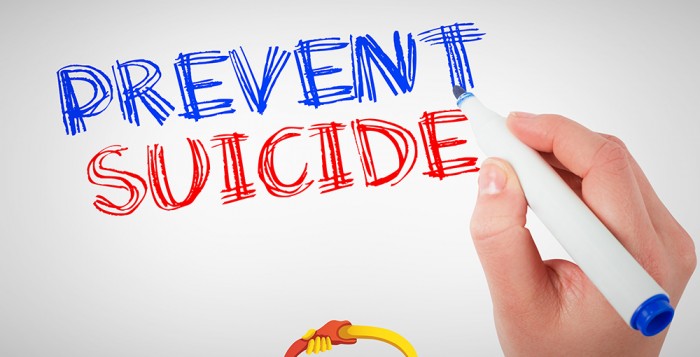On Wednesday, April 25, the State Senate passed HB 478 – the Outpatient Psychiatric Oversight Act – unanimously (49–0). The Senate made technical amendments to the bill, so the bill will now be sent back to the House for a concurrence vote. Once the House votes to concur with the Senate amendments, the bill will head to the Governor’s desk for his signature. The bill was introduced by Rep. Tina Pickett (R – Bradford) after being contacted by RCPA members in her district. RCPA worked with Rep. Pickett, Garth Shipman, Executive Director of the House Insurance Committee, Senator Lisa Baker (R–Luzerne), and Mike Cortez, Executive Director of the Senate Health and Human Services Committee through the legislative process.
Under this legislation, an outpatient psychiatric clinic is required to have a psychiatrist on site for two (2) hours of psychiatric time per week for each full-time equivalent treatment staff member employed by the outpatient psychiatric clinic. HB 478 permits 50 percent of the required onsite psychiatric time be provided by an advanced practice professional specializing in behavioral health with prescriptive authority in this Commonwealth. Telepsychiatry provided by a psychiatrist that is not on site with prescriptive authority in the Commonwealth may be utilized with a service description approved by the Department of Human Services (DHS) but shall not be included in the required psychiatric time required. DHS is directed to promulgate regulations necessary to carry out the provisions of this act.
HB 478 defines the following terms:
“Advanced practice professional.” A registered, licensed, or certified health care practitioner who has gained additional specialized knowledge, skills, and experience through a program of study in that specialty. A person who:
- (I) holds a current Pennsylvania license as a certified registered nurse practitioner with a mental health certification; or
(II) obtains a mental health certification within two years of being hired by a psychiatric outpatient clinic or within two years of the effective date of this section, whichever is later; or
- (I) holds a current Pennsylvania license as a physician assistant with a mental health certification; or
(II) obtains a mental health certification within two years of being hired by a psychiatric outpatient clinic or within two years of the effective date of this section, whichever is later.
“Full-time equivalent.” Thirty-seven and one-half hours per week.
“Interactive Audio and Video.” Real-time two-way or multiple-way communication between a psychiatrist and an individual.
“Outpatient psychiatric clinic.” A nonresidential treatment setting in which psychiatric, psychological, social, educational, and other related services are provided under medical supervision. It is designed for the evaluation and treatment of individuals of any age with mental illness or emotional distress. Outpatient services are provided on a planned and regularly scheduled basis.
“Psychiatrist.” A physician who has completed at least three years of a residency in psychiatry and is licensed to practice psychiatry in this Commonwealth.
Contact RCPA Director of Government Affairs Jack Phillips with any questions.


















